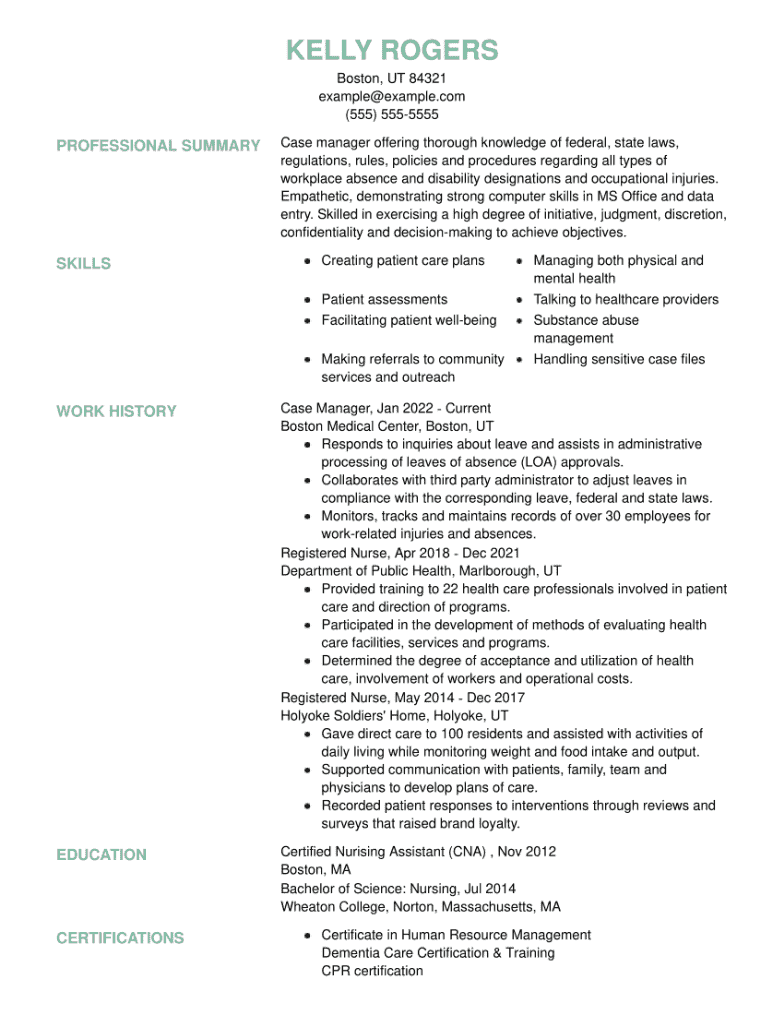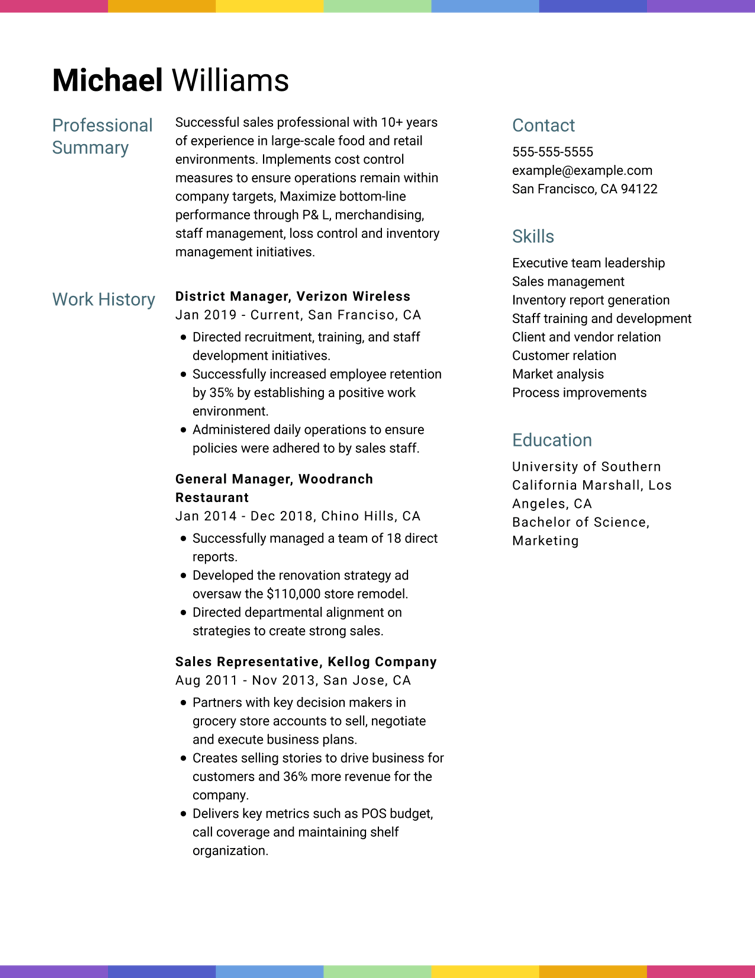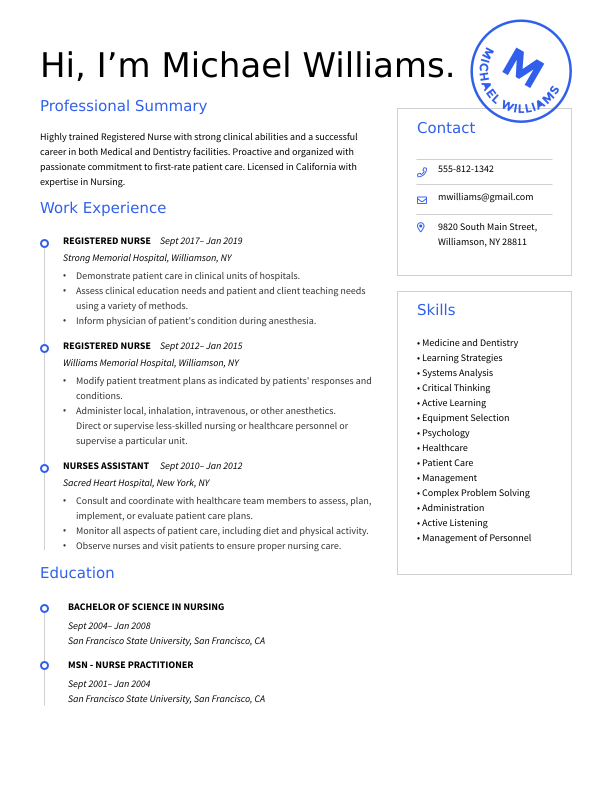Case Manager CV Examples to Help You Build Yours
Case managers play a very important role in making sure patients receive the correct treatment. With such a high amount of responsibility, how do you construct a CV that shows you’re up to the task?
Case managers play a very important role in making sure patients receive the correct treatment. With such a high amount of responsibility, how do you construct a CV that shows you’re up to the task?





OUR USERS HAVE BEEN HIRED BY




Whether you’re working with patients on a one-on-one basis or ensuring that a large group of patients get the correct treatment plans and medical attention, case managers play a crucial role in patient care.
To become a case manager, it’s important to improve your chances by constructing a strong CV with all the correct sections. Doing this can grab the hiring manager’s attention and help you secure your dream career. Here is how you can shine a light on your relevant skills and experience in a professional CV.
If you’re stuck for ideas or not sure what case management skills to include, consider including some of these bullet points in your CV to describe the skills gained through case manager certification, experience or other careers.
Work experience
Do:
Don’t:
To explain your skills, you may wish to choose a functional CV that allows you to go into greater depth about your skills. You can provide brief anecdotes about your experience as a nurse case manager and explain what skills you gathered during this experience.
You need to make sure that your spelling, punctuation and grammar are all excellent before handing in your case manager CV. This is because your CV is the hiring manager’s first impression of your written communication skills. Providing a clear and grammatically correct CV is a great way to impress a hiring manager.
Yes, you can make a two-page CV if you’re a case manager with a lot of years of experience under your belt. Just ensure that the experience you include is relevant to the job posting.
We personalize your experience.
We use cookies in our website to ensure we give you the best experience, get to know our users and deliver better marketing. For this purpose, we may share the information collected with third parties. By clicking “Allow cookies” you give us your consent to use all cookies. If you prefer to manage your cookies click on the “Manage cookies” link below.